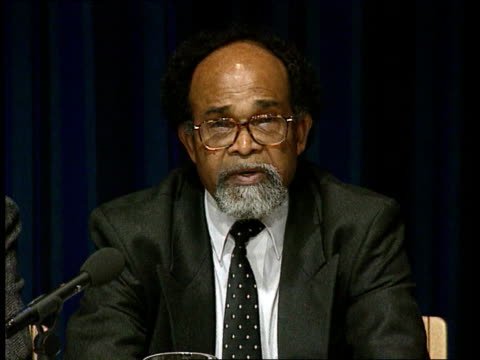The Appellant succeeded before the Court of Appeal in what can only be described is a very rare case, both procedurally and substantively.
Whilst serving a term of imprisonment he was notified by the Secretary of State that she would not be pursuing deportation against him, on the basis that he was a British citizen. In due course he was released on licence and resumed life with his wife and two children. However, 5 years after her original decision not to deport the Appellant, the Secretary of State did commence the procedure, stating that she did not accept that he was a British citizen, and subsequently made a deportation order.
The Appellant appealed to the First-tier Tribunal (Immigration and Asylum Chamber), which allowed his appeal, accepting that he had been naturalised. However, the Secretary of State then appealed to the Upper Tribunal, which overturned the First-tier Tribunal’s determination, and substituted its own determination dismissing the Appellant’s appeal, as it did not accept that he was a British citizen, or that deportation would breach his rights under Article 8 of the ECHR.
The Appellant then applied for permission to appeal to the Court of Appeal. Bean LJ granted permission to appeal on paper against the Upper Tribunal’s consideration of the nationality issue, as well as permission to adduce fresh evidence in respect of it, but refused permission on the Article 8 grounds. But at a renewed oral permission hearing, Gloster LJ accepted that the Secretary of State’s prior decision not to deport was an unusual factor having an effect on the Article 8 balancing exercise, and so gave permission on the outstanding grounds as well.
The full appeal was heard by Jackson, Gloster and Floyd LJJ on 30 June 2016. Unusually, by this stage the Secretary of State had also adduced her own fresh evidence, including three witness statements and documentary evidence not before either the First-tier or Upper Tribunals.
However, having considered the arguments, the Court ultimately decided that the Upper Tribunal had been wrong to overturn the First-tier Tribunal’s determination in the first place. The First-tier Tribunal’s assessment had been careful and detailed and its findings and conclusion open to it on the evidence. What the Upper Tribunal had considered to be a material error of law was in truth no more than its own disagreement with one aspect of the factual assessment. The Upper Tribunal should not have interfered with the First-tier Tribunal’s determination or reheard the appeal, hence its own determination would be set aside, and the First-tier Tribunal’s determination restored.
The Court also refused the Secretary of State’s application for permission to appeal to the Supreme Court.
The Upper Tribunal’s determination overturned by the Court of Appeal is here.
The Appellant was represented by Benjamin Hawkin.



